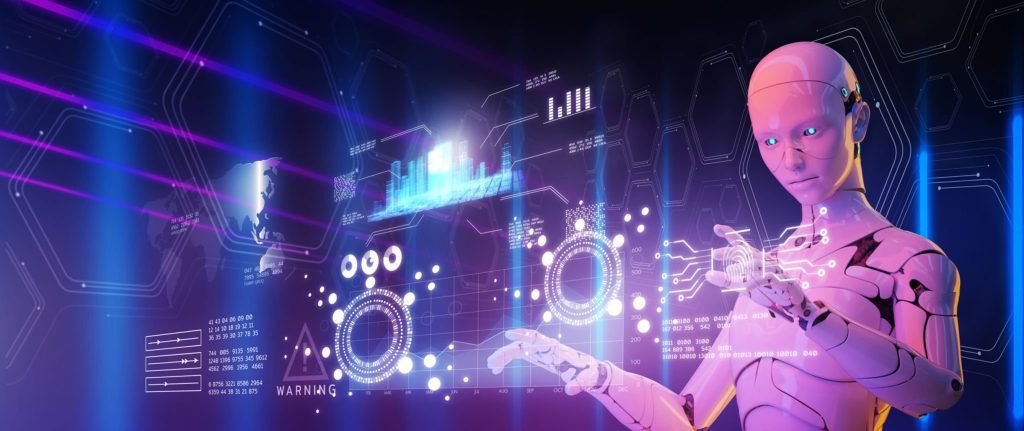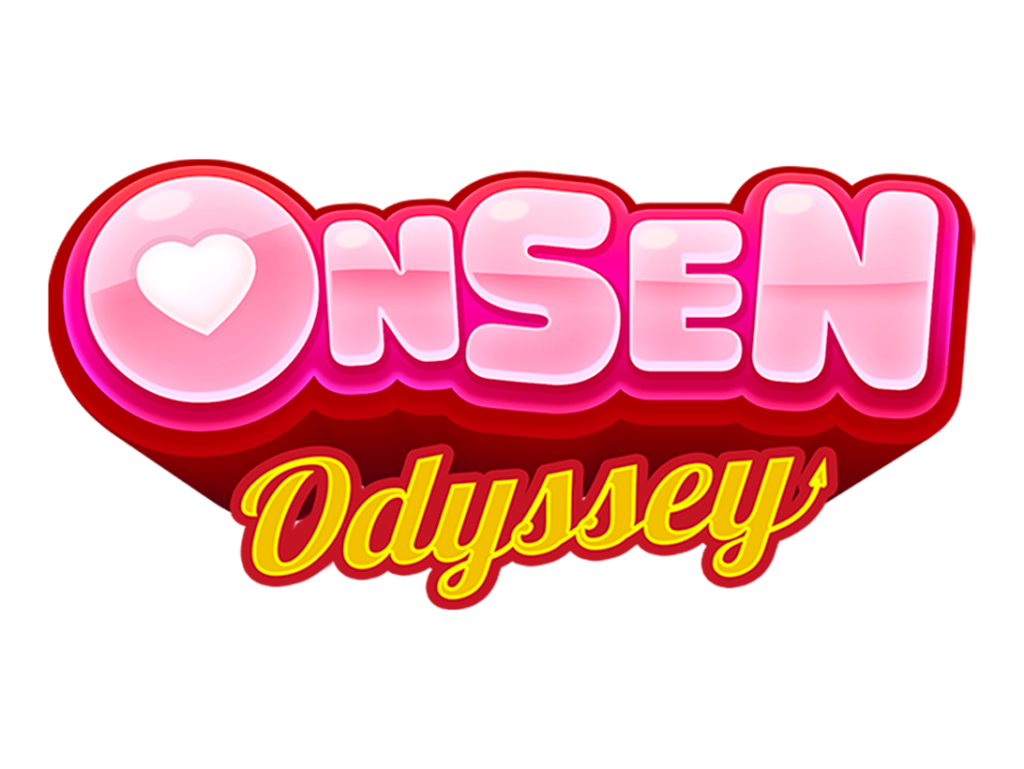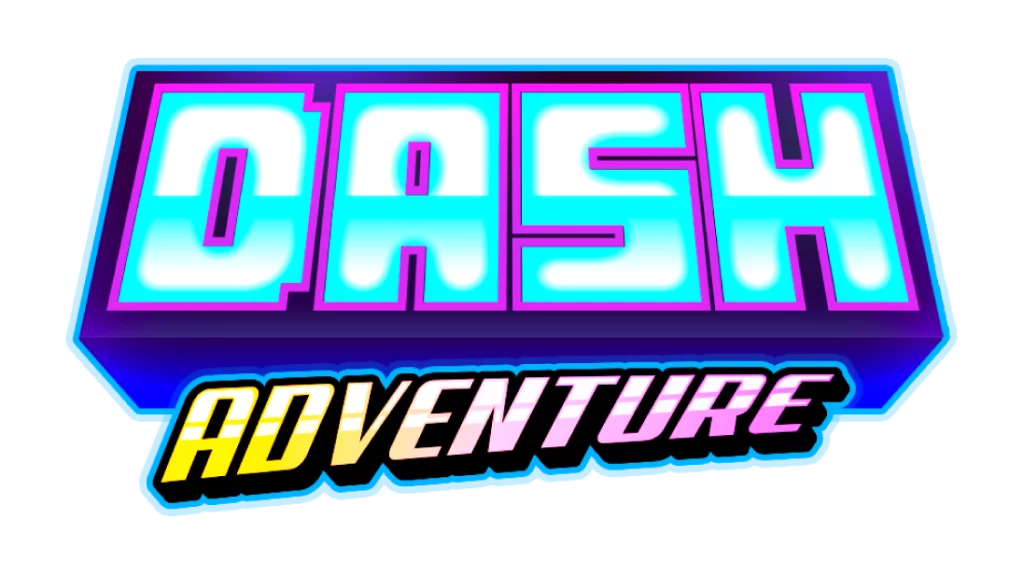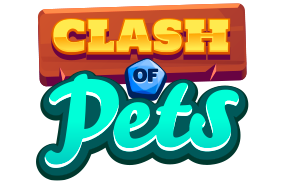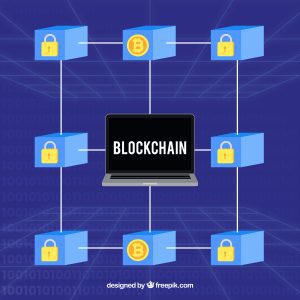Hey there, mobile gamers and play-to-earn enthusiasts! Imagine a world where blockchain technology and oracles blend together like a perfect smoothie, providing endless opportunities for innovation and growth. That’s precisely the world we’re living in today! In this post, we’ll introduce you to the exciting realm of blockchain oracles and explore their pivotal role in the blockchain ecosystem.
We’ll also shed light on the limitations of blockchain technology without oracles and how they unlock the true potential of blockchain applications. So, buckle up, and get ready for an exhilarating journey into the fascinating universe of blockchain oracles!
What are Blockchain Oracles? The Bridge Between Blockchains and Real-World Data
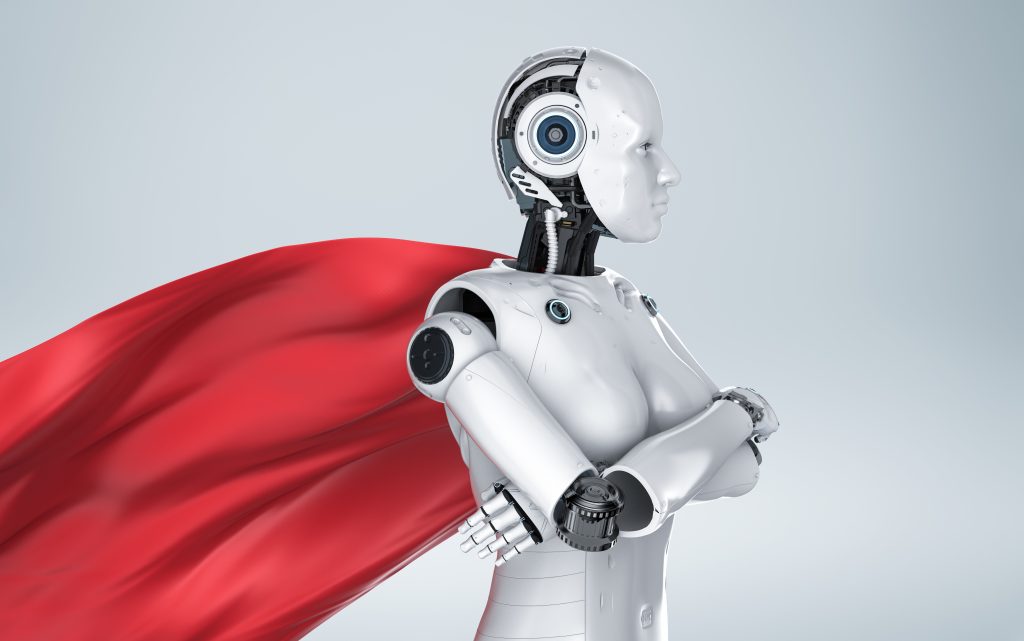

Picture this: You’re a blockchain, and you’ve got the power to store, manage, and execute transactions with unmatched security and transparency. However, there’s a catch – you can’t access data outside your digital fortress. That’s where blockchain oracles come in to save the day!
In simple terms, blockchain oracles are like data superheroes. They act as intermediaries that bridge the gap between smart contracts on a blockchain and external data sources, enabling them to communicate with the world beyond their boundaries. With blockchain oracles, smart contracts can access all sorts of valuable information, from stock market data and weather conditions to sports results and beyond.
In a nutshell, oracles empower blockchain technology to reach its full potential by providing it with the real-world data it needs to fuel innovative applications across various industries.
So, the next time you come across a decentralized finance (DeFi) platform or an NFT game that relies on real-world data, remember to thank blockchain oracles for their tireless efforts in making it all possible!
Types of Blockchain Oracles: Software, Hardware, and Humans
Welcome to the oracle buffet, where you’ll find a diverse array of blockchain oracles, each with their unique way of bringing real-world data to the blockchain table. Let’s dive in and explore the three main types of oracles: software, hardware, and humans.
‣ Software Oracles: Digital Data Wizards
Software oracles are the most common type of oracles in the blockchain world. These digital data wizards fetch information from online sources such as APIs, websites, and other digital platforms. By using API calls or web scraping techniques, software oracles can access and transmit a vast range of information, including financial market data, social media feeds, and real-time weather reports. While they are super-efficient, they may be vulnerable to online attacks or data manipulation.
‣ Hardware Oracles: The Physical-to-Digital Gatekeepers
When it comes to connecting the physical world with the blockchain, hardware oracles take the lead. These gatekeepers use Internet of Things (IoT) devices and sensors to gather data from the physical environment, such as temperature readings, GPS locations, or even data from a car’s OBD-II port. Hardware oracles ensure that smart contracts can interact with real-world events and execute actions accordingly. For instance, a smart contract could trigger a crop insurance payout based on data from weather sensors. However, hardware oracles can be prone to issues like device tampering or sensor failures.
‣ Human Oracles: The Subject Matter Experts
Sometimes, you need a human touch to make sense of the data. Human oracles, often experts in their respective fields, provide subjective or hard-to-verify data to smart contracts. They can be used to resolve disputes, provide insights, or even report on real-world events, like sporting outcomes or political elections. While human oracles bring invaluable expertise, they might be susceptible to errors, biases, or even malicious intent.
As you can see, each type of oracle has its unique strengths and potential weaknesses. The trick is to choose the right oracle—or even a combination of oracles—to suit the specific needs of your blockchain application.
The Mighty Blockchain Oracles: Why They Matter
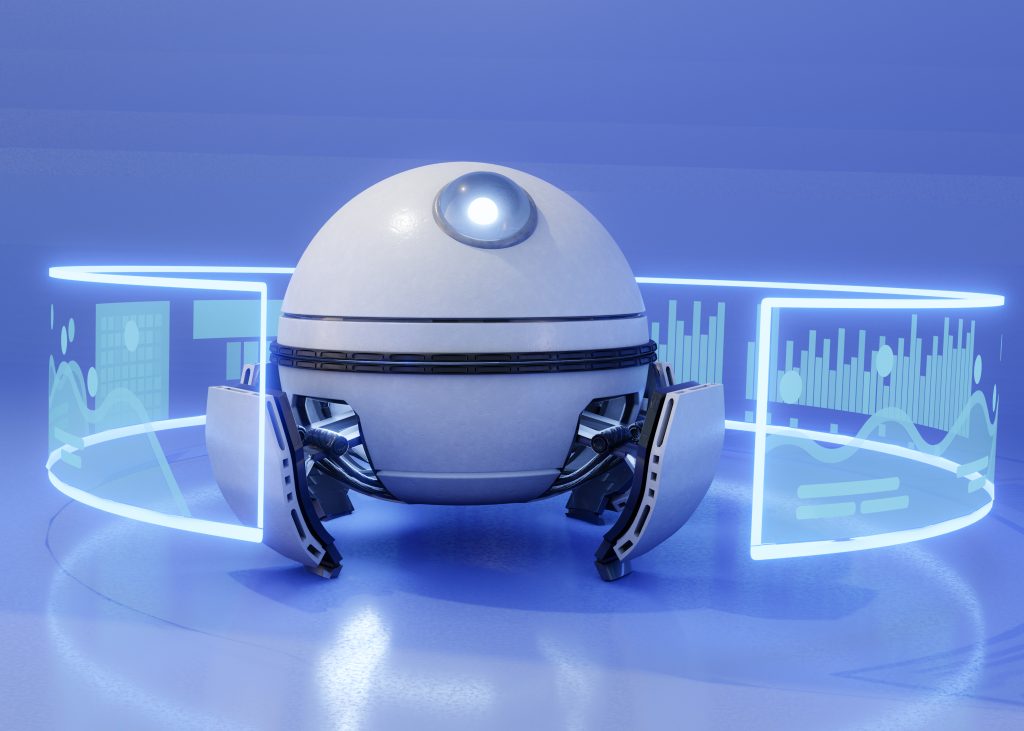

Blockchain oracles play a crucial role in the world of decentralized applications (dApps) and smart contracts. Without them, smart contracts would be like an isolated island, unable to tap into the wealth of real-world data that powers their capabilities. Let’s take a deep dive into why blockchain oracles are so vital for the blockchain ecosystem.
◦ Supercharging Smart Contracts
Oracles breathe life into smart contracts, giving them the power to automatically execute based on external data. With oracles, smart contracts can make decisions, manage transactions, and even trigger other smart contracts, all without human intervention. They elevate smart contracts from simple transactional tools to complex, context-aware, and dynamic applications.
◦ Bridging the Gap Between Blockchain and the Real World
Blockchain oracles act as the vital link between blockchain technology and real-world data. By providing a secure and reliable connection to external data, oracles make it possible for blockchain applications to interact with and respond to the world around them. This ability to bridge the gap between the digital and physical worlds opens the door to endless possibilities for blockchain innovation.
◦ Enhancing Efficiency and Accuracy
Oracles enable smart contracts to automate time-consuming and error-prone manual processes, increasing efficiency and reducing human errors. By tapping into trusted data sources, oracles can help ensure that smart contracts are fed with accurate and reliable information, further enhancing their effectiveness and dependability.
◦ Boosting Transparency and Trust
In the world of blockchain, trust is paramount. Oracles can provide transparency and trust by ensuring that smart contracts have access to verifiable, trustworthy data. They can also contribute to the decentralization of data sources, reducing reliance on single points of failure and potential data manipulation. By enabling a more transparent and secure flow of information, oracles help build trust in the blockchain ecosystem.
◦ Empowering a Wide Array of Use Cases
The importance of blockchain oracles extends far beyond the realm of finance and cryptocurrencies. Their ability to connect blockchain with real-world data enables a multitude of use cases across various industries, such as supply chain management, insurance, healthcare, and even gaming. With oracles, the potential for blockchain technology to revolutionize our lives is virtually limitless.
The Oracle Problem: Filling the Blockchain Void
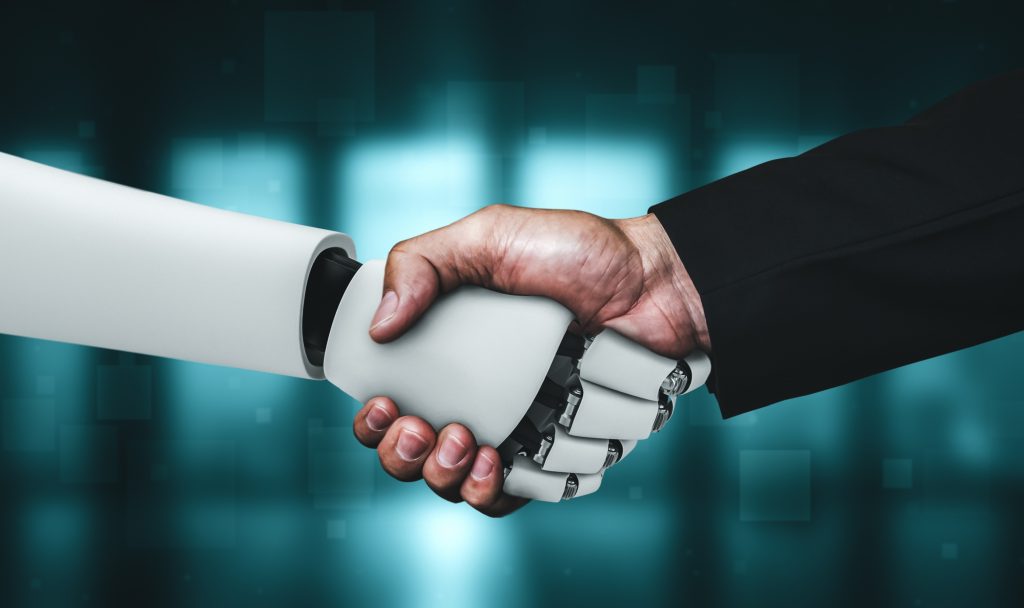

The Oracle Problem arises from the inherent limitations of blockchains in accessing and processing external data. By design, blockchains are self-contained, decentralized, and trustless systems that cannot directly interact with the off-chain world. While this has advantages in terms of security and immutability, it also means that smart contracts operating on blockchains cannot inherently fetch real-world data needed for their execution. This is where oracles step in, acting as a bridge between smart contracts and external data sources.
Oracles address the Oracle Problem by providing a secure and reliable connection between blockchains and external data. They fetch, verify, and transmit the required information to smart contracts, enabling them to execute based on real-world conditions, such as market prices, weather data, or sports results. This significantly expands the potential use cases for smart contracts and dApps, making them more versatile, powerful, and capable of addressing a wider range of real-world problems.
However, solving the Oracle Problem comes with its own set of challenges, as discussed in the previous section. Ensuring the security, accuracy, and reliability of the data provided by oracles is crucial to maintaining the integrity and trustworthiness of smart contracts. This has led to the development of decentralized oracle networks that aggregate and validate data from multiple sources, reducing the risk of data manipulation, inaccuracies, and single points of failure.
Treading the Tightrope: Challenges and Risks of Blockchain Oracles
While blockchain oracles play a pivotal role in connecting the blockchain ecosystem to the outside world, their integration and utilization come with their fair share of challenges and risks. Let’s delve into some of the key obstacles and potential dangers that arise when working with blockchain oracles.
Data Accuracy and Security Concerns
One of the most pressing challenges with blockchain oracles is ensuring the accuracy and security of the data they provide. Since smart contracts rely heavily on the information supplied by oracles, any inaccuracies or security breaches could lead to incorrect or even malicious outcomes. To mitigate these risks, it is crucial to develop robust mechanisms to validate and secure data from multiple sources, which can be a complex and resource-intensive endeavor.
The Centralization Paradox
Blockchain technology is built on the principles of decentralization and trustlessness. However, relying on a single oracle or a small group of oracles can inadvertently introduce centralization and a single point of failure. To overcome this challenge, developers often opt for decentralized oracle networks that aggregate and validate data from multiple sources, ensuring a higher degree of reliability and resistance to manipulation.
Regulatory Hurdles
As blockchain oracles often interact with real-world data sources, they may find themselves subject to various regulatory frameworks, depending on the industry and jurisdiction they operate in. Navigating this regulatory landscape can be a daunting challenge, as it may require adapting to different rules and standards, and even exposing the oracle providers to potential legal liabilities.
Scalability and Performance Limitations
As the number of smart contracts and dApps relying on oracles grows, the demands on the underlying oracle infrastructure can increase exponentially. Meeting these growing needs requires scaling the oracle network without compromising its security, reliability, or performance, which can be a difficult balance to strike.
Integration Complexity
Integrating blockchain oracles with various data sources and smart contract platforms can be a complex and time-consuming process. It often involves working with different data formats, APIs, and protocols, as well as managing access controls and permissions. Simplifying and streamlining this integration process is a key challenge to making oracle solutions more accessible and user-friendly.
Chainlink: Leading the Charge in Decentralized Oracle Networks


Chainlink has emerged as a game-changing player in the blockchain space, providing a decentralized oracle network that connects smart contracts to real-world data in a secure, reliable, and tamper-proof manner.
At its core, Chainlink is designed to address the limitations and risks associated with centralized oracle solutions. Its decentralized architecture consists of multiple independent nodes that work together to fetch, validate, and transmit data to smart contracts. This approach enhances the security and reliability of the oracle network, as it eliminates single points of failure and reduces the likelihood of data manipulation or tampering.
This way, Chainlink ensures the integrity of data by using multiple data providers and establishing a consensus mechanism among its nodes. The nodes verify and aggregate data before sending it to the smart contract, creating a tamper-proof, highly available connection to quality data feeds. Additionally, Chainlink’s staking and reputation systems incentivize node operators to maintain high standards of data accuracy and reliability.
Oracle Adventures: Exploring Blockchain Oracle Use Cases


A world of possibilities opens up when we delve into the diverse use cases of blockchain oracles. Here, we’ll embark on a journey through some of the most exciting and transformative applications of these versatile digital mediators:
Finance Unleashed: Decentralized Finance (DeFi)
In the realm of DeFi, blockchain oracles provide the fuel for decentralized applications (dApps) to access crucial financial data. Accurate, real-time information on exchange rates, asset prices, and other market data empowers smart contracts to facilitate services like lending, borrowing, and trading without the need for intermediaries.
Insure with Confidence: Insurance Industry
Smart contracts and oracles join forces to revolutionize the insurance sector. With access to real-world data such as weather patterns, flight delays, and natural disasters, smart contracts can automate claims processing, reducing bureaucracy and improving the customer experience.
Supply Chain Superpowers: Logistics and Tracking
Oracles enable smart contracts to access real-time information about products’ origins, movements, and conditions throughout the supply chain. This enhanced transparency and traceability lead to improved efficiency, better decision-making, and increased trust among all parties involved.
Betting on Blockchain: Prediction Markets
In prediction markets, blockchain oracles play a vital role in feeding accurate and unbiased information on sports events, election results, or market trends to smart contracts. This empowers users to make better-informed decisions and engage in fair, transparent betting activities.
These examples are just the tip of the iceberg when it comes to blockchain oracle use cases. As the technology continues to evolve and mature, expect to see even more innovative applications across a wide range of industries, further showcasing the power and potential of blockchain oracles.
Closing Thoughts: The Future of Blockchain Oracles and Beyond
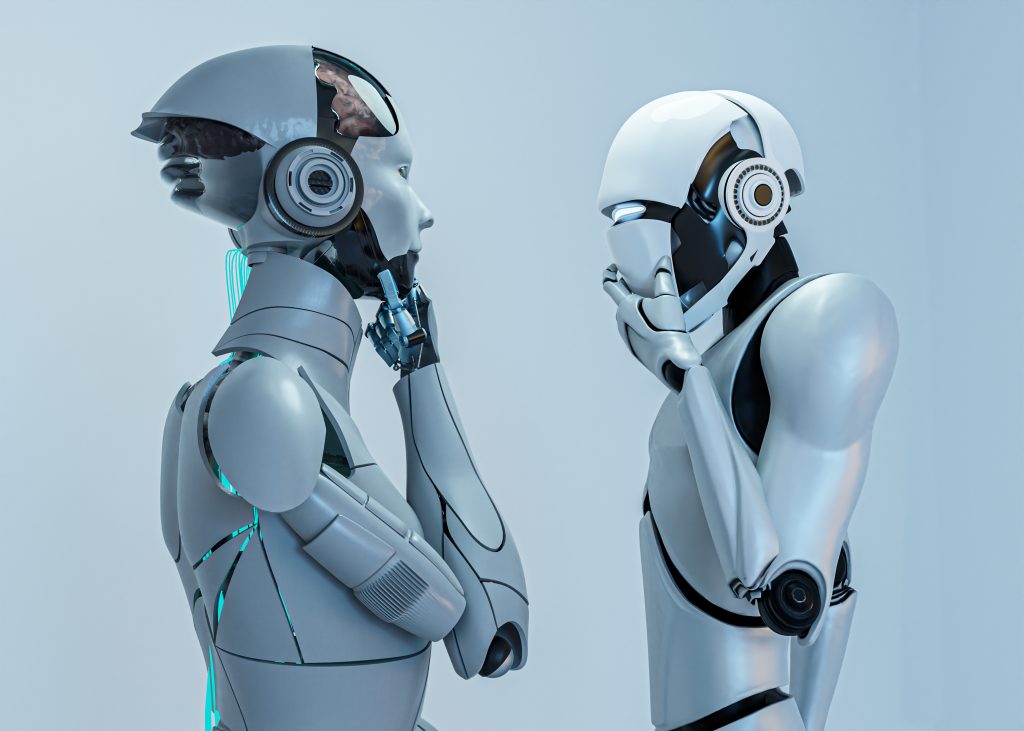

Blockchain oracles have come a long way, acting as the bridge that connects the digital realm of blockchain with the real world. As we wrap up our discussion, let’s take a moment to reflect on the importance of blockchain oracles and the potential they hold for the future of technology.
It’s more than a powerful tool. Blockchain oracles play a pivotal role in enhancing the functionality and scope of smart contracts. They enable smart contracts to access and react to real-world data, unlocking an array of use cases across various industries, including finance, insurance, logistics, and more. The success of these applications hinges on the quality and reliability of the oracles, making their development and refinement a crucial factor in the blockchain ecosystem.
They allow us to innovate and open new opportunities. As blockchain technology continues to advance, so too will the oracle solutions that support it. Innovations in decentralized and secure oracle networks, such as Chainlink, are set to propel the industry forward, creating new opportunities for developers and users alike.
And it paves a bright future. As we look forward, the time to come of blockchain oracles is both promising and exciting. As technology evolves and new applications emerge, the need for reliable and efficient oracle solutions will only continue to grow. By overcoming the challenges and risks associated with blockchain oracles, we can unlock the true potential of smart contracts and pave the way for a new era of innovation in the blockchain space.

